ORIGINAL RESEARCH PAPER
The Ethics of Influencer Marketing: An Analysis of Transparency and Accountability in Digital Advertising
1 University North, Varaždin, Croatia
2 Zagreb Business School, Zagreb, Croatia
ABSTRACT
In the modern digital environment, where social networks represent a key communication channel, influencer marketing is growing into one of the dominant forms of advertising. Its ubiquity brings numerous advantages in terms of reach and perception of authenticity, but at the same time raises a number of ethical issues, especially related to transparency and accountability to consumers. Influencers, as modern opinion leaders, have transformed the relationship between brands and audiences, especially among younger generations – Generation Z and Generation Alpha – who increasingly trust influencer recommendations, as opposed to traditional forms of marketing. The central challenge of this form of promotion lies in ensuring a clear distinction between sponsored content and personal recommendations. Covert advertising, or unmarked commercial cooperation, can erode user trust and result in the perception of manipulation. Although legal frameworks in many countries prescribe mandatory labeling of sponsored content, their implementation remains uneven. Additional complexity to the ethical and communication challenges is introduced by artificially generated influencers (so-called AI influencers), who are becoming increasingly present thanks to their popularity on platforms such as TikTok. Their use further blurs the lines between real and simulated messages, especially in the perception of younger users, thus creating a need for new regulatory and educational approaches to protecting digital consumers.
Keywords: influencer marketing, ethics in advertising, transparency, hidden advertising, social networks, artificial intelligence, AI influencers, digital consumers
HOW TO CITE THIS ARTICLE
Vuković D., Pavković T. (2025). The Ethics of Influencer Marketing: An Analysis of Transparency and Accountability in Digital Advertising, MAP Social Sciences, 6, 40-52. doi: https://doi.org/10.53880/2744-2454.2025.6.40
